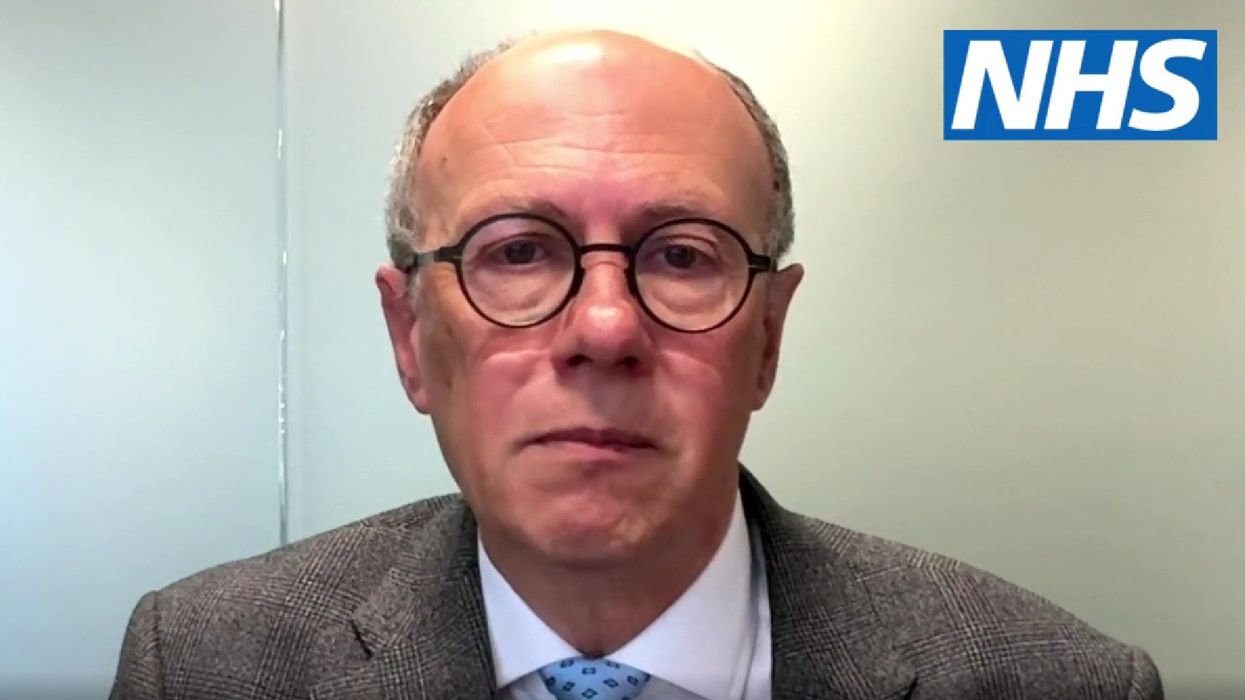Just a week after NHS England chief executive Amanda Pritchard announced her resignation, the organisation’s national medical director, Professor Sir Stephen Powis, has confirmed he will step down this summer after more than seven years in the role.
In a statement released on Thursday, Professor Powis revealed that he had informed Pritchard of his intention to leave in a letter back in January.
He will remain in post until early July, focusing on key priorities including the medical training review for postgraduate doctors, improvements in stroke care, and commitments to ongoing inquiries.
Professor Powis was appointed national medical director of NHS England in 2018, following 12 years as medical director at the Royal Free NHS Trust.
He played a critical role in the NHS’s response to the COVID-19 pandemic, leading the health service through an unprecedented crisis, supporting frontline workers, and advising the public in numerous government briefings.
Notably, he was present when the first-ever COVID vaccine was administered to Maggie Keenan in December 2020.
During his tenure, Professor Powis has led several national reviews and overseen the development and implementation of major healthcare programmes, including national cardiovascular, respiratory, and stroke initiatives.
He also played a key role in creating the first national patient safety strategy and the rollout of medical examiners.
Reflecting on his time in the role, Professor Powis said: “It has been an immense privilege to serve as national medical director for the NHS and I am incredibly grateful to have been supported by amazing colleagues working across the NHS to boost the experiences of patients.
“I have always been exceptionally proud to work in the NHS and while stepping down from this role, I remain passionate and committed to improving the health of patients and improving the experience of staff.
Pritchard praised Professor Powis as “a dedicated public servant as well as a brilliant and kind colleague.”
“His contribution to the NHS and the country was enormous during the pandemic. I am hugely grateful – as I know our colleagues, friends and families are too – for the vital role he played leading the medical profession’s response to a once in a century health emergency,” she said.
Health Secretary Wes Streeting also acknowledged Professor Powis’s leadership, particularly in the COVID vaccine rollout and the creation of the national patient safety strategy
He stated: “Steve has provided outstanding clinical leadership to the NHS over the last eight years, including during the biggest health emergency our country has faced in modern history.
“His knowledge, professionalism, and guidance helped the NHS rise to the challenges created by the pandemic.”
Professor Powis’s departure follows Pritchard’s recent decision to stand down as NHS England’s chief executive at the end of this financial year.
Sir James Mackey, currently chief executive of Newcastle Hospitals NHS Foundation Trust and national director of Elective Recovery, will take over as transition CEO before officially assuming the role on 1 April.
Meanwhile, Dr Penny Dash was appointed as the next chair of NHS England, succeeding Richard Meddings, who is set to step down next month.
Under this new leadership, Streeting is set to publish the 10-Year Plan for Health, which aims to combine investment with reform to build an NHS fit for the future.













